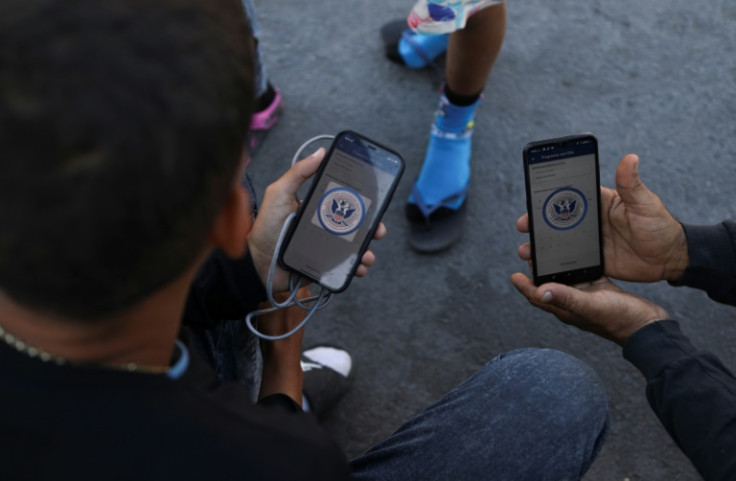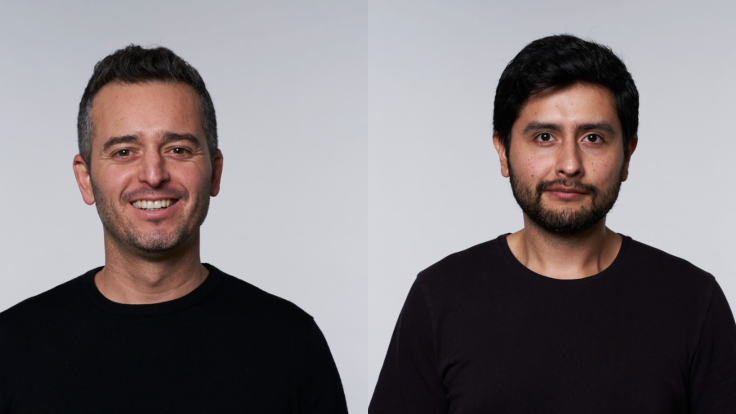
CHICAGO — Technology is constantly changing all aspects of life, including the way in which migrants seek to make their way to and live in the United States.
It is estimated that some 960,000 people gain citizenship in the U.S. every year, while another one million obtain legal permanent resident status through a green card.
In recent years, new platforms have changed the way in which Latinos and other migrants apply for citizenship, green cards and asylum status. Some of these new technologies have simplified the process, while others have created roadblocks.
Applying for permanent residency in the U.S., also known as a Green Card, is a lengthy and costly process. According to the U.S. Citizenship and Immigration Services (USIC), applicants must complete two Green Card forms that best fit their status when applying. In some instances, another party must file a petition for green card seekers to qualify.
To simplify this process, Green Card applicants often seek out immigration lawyers, but this can be a costly decision. According to Boundless, individuals can often spend $1,700 on visa applications, a figure that will go up if they consult with a lawyer to prepare the paperwork.
"People wait a lot of time because they need to save up money to get access to these resources, so a lot of people wait years," said to The Latin Times Sergio Torres, the founder of Alvva, a tech company that was began as a fintech platform for people to finance immigration lawyers but has since shifted to instead help people apply for Green Cards by themselves.

Torres likens his platform to tax preparation software: it asks applicants a few questions to match them with the correct application forms and then guides them through process by detailing what information they need to input. After the applicant completes the process, the application is reviewed by lawyers connected with Alvva before being submitted.
"We were noticing that folks were deciding between hiring an attorney, which is going to be super expensive, and applying themselves," said Torres. "A lot of people can do it; they just need to find the right information. And even if they think you get it right, they might still get it wrong, and it could have a negative effect on their situation."
Currently, Alvva's application services are only offered to people looking to apply for Green Cards through marriage, but it is looking to expand to other types of applications in the near future.
Boundless is another tech platform that helps migrants with citizenship applications. The company was founded in 2009 and also connects people with lawyers in instances where their application status may need additional assistance.
With the ongoing migrant crisis along the U.S.-Mexico border, the U.S. Government has also tried to develop tech for migrants to apply for different immigration services. In October 2020, the U.S. Customs and Border Protection (CBP) launched the CBP One mobile app that enabled migrants to schedule appointments with the entity.
The app gained more traction in January after the Biden administration created a new policy whereby migrants need to book asylum interviews using it. However, according to advocacy groups, the app has at times failed to ease the asylum process for migrants as there have been instances where the app has not functioned correctly.
"[There] are seven encampments, three in Matamoros, four in Reynosa, so every day at 10 a.m. Central Time, you will see thousands of people at the same time on their phone trying to get an appointment with CBP One [and] Wi-Fi in both cities are spotty at best," Felicia Rangel-Samponaro, director of Sidewalk School, told NPR. "So, all of these error messages that people are receiving - oftentimes we hear it's because too many people were on the app at the same time."
Needing the mobile app to secure an asylum appointment also creates many roadblocks for migrants. According to Rangel-Samponaro, many families will often work for months to save money to buy a phone and pay for cell service just to secure an appointment.
© 2025 Latin Times. All rights reserved. Do not reproduce without permission.





